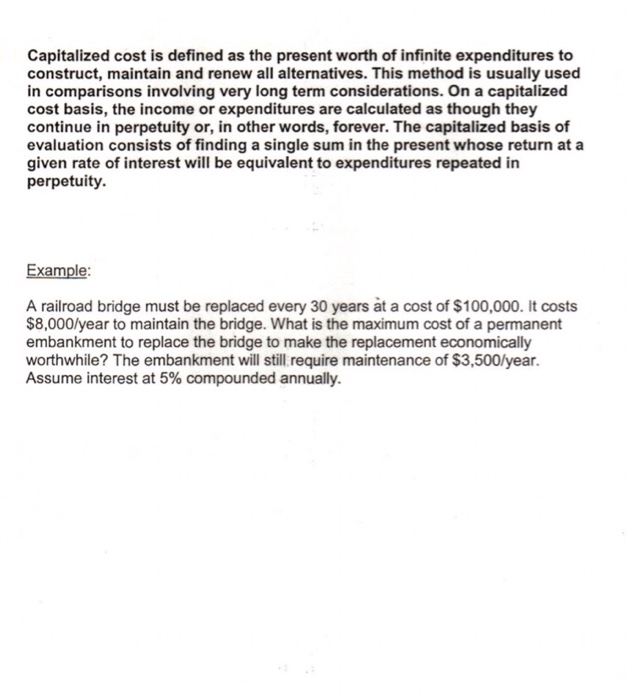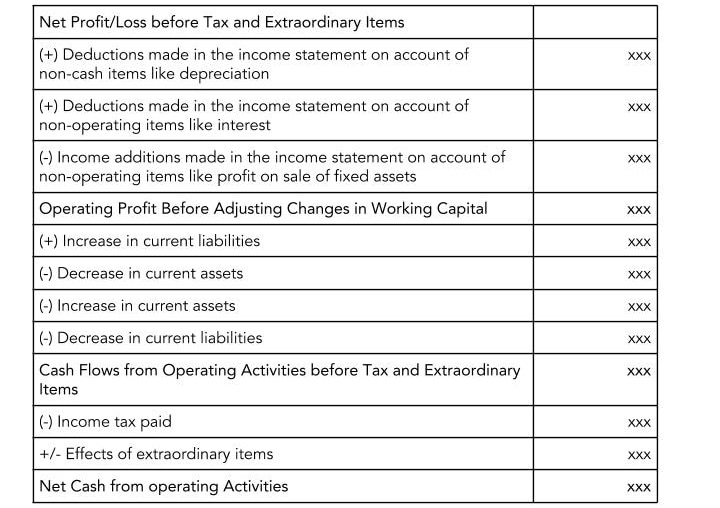Content
As these examples show, although discretionary spending is often a variable expense, variable expenses can be necessities too. Understanding the difference between fixed costs and variable costs is key to running a successful business.
If you could use some more breathing room in your budget, finding ways to save each month can help. How you approach saving money can vary, based on whether you’re trying to cut your fixed or variable expenses. For instance, let’s say your expenses cost $300 more than your monthly net pay. You should review your variable expenses to find ways to cut costs in the amount of $300. This may include reevaluating how much you spend on groceries, household goods, streaming subscriptions and other flexible costs. Therefore, if you want to make sure you have enough money for necessities and unplanned expenses, you must create a budget.
What’s the Difference Between Fixed and Variable Expenses?
To set up this type of budget, you would define your goals and how much you want to contribute toward them each month. Then budget your remaining income toward bills, which may include fixed and variable expenses.
- Other bills that fall under this category include health insurance, life insurance, and essential utilities.
- Car insurance providers may also offer discounts if you’ve gone a certain amount of time without having an accident, or if you insure more than one car under the same policy.
- If you pay for a gym membership or streaming services, for example, those costs might stay the same month to month.
- While they may not be necessary for basic needs, certain recurring subscriptions could also be included as fixed expenses in your budget.
- If you’re ready to find an advisor who can help you achieve your financial goals, get started now.
That’s because fixed expenses tend to take up the largest percentage of your budget. So when you lower your fixed expenses, you lower the percentage of your budget What are Fixed, Savings, and Variable Costs? that’s devoted to them. This is a great alternative to being frugal with your other spending decisions, such as buying new clothes or ordering takeout.
What should you budget for first, fixed or variable expenses?
However, if the company doesn’t produce any units, it won’t have any variable costs for producing the mugs. Similarly, if the company produces 1,000 units, the cost will rise to $2,000.

You don’t need to blow your whole paycheck at a fancy grocery store to eat well. Shopping at stores like Aldi, Walmart or Kroger can help you save some big bucks. Capital One 360 CDs offer a competitive yield for savers looking to take advantage of rising interest rates. Car insurance providers may also offer discounts if you’ve gone a certain amount of time without having an accident, or if you insure more than one car under the same policy.
Identify and Scrutinize Every Variable Expense
Our editorial team does not receive direct compensation from our advertisers. We are an independent, advertising-supported comparison service. Variable expenses represent those daily spending decisions such as eating at restaurants, buying clothes, grabbing coffee at Starbucks, and playing a round of golf with your buddies. The better you understand your costs, the more likely you are to find ways of producing as much value as possible without spending everything you make. Understanding your costs and how they fluctuate is critical in successfully managing your business operations.

Fixed expenses are paid at regular intervals and may vary slightly, change significantly or stay the same, depending on the type of expense. Monthly expenses are common, but fixed expenses may also occur weekly, quarterly, twice a year and yearly. If you pay car insurance https://online-accounting.net/ twice a year, for example, divide the payment premium by six to get the monthly cost and add that amount to your monthly budget. Budget your fixed expenses first, because they make up the majority of your budget and are usually set for longer periods of time.
Figuring Out Your Fixed vs. Variable Expenses
Your variable expenses fluctuate monthly and are easy to adjust as you go, so it’s easier to plan these around your fixed expenses. If you’re not keeping tabs on how much you spend for variable expenses, you could be setting yourself up for budgeting failure.
- For instance, let’s say your expenses cost $300 more than your monthly net pay.
- Obviously, it’s a good thing when business is booming and you have decent cash flow, as more products or services sold means more revenue.
- Yup—even fixed expenses like your rent or internet services.
- Fixed expenses are paid at regular intervals—often monthly.
- Even if you can’t control prices, you still have the power to set a limit on how much and how often you spend.
- So, you’ve worked out why you want to budget, what you want to save for, and what your fixed and variable costs are.